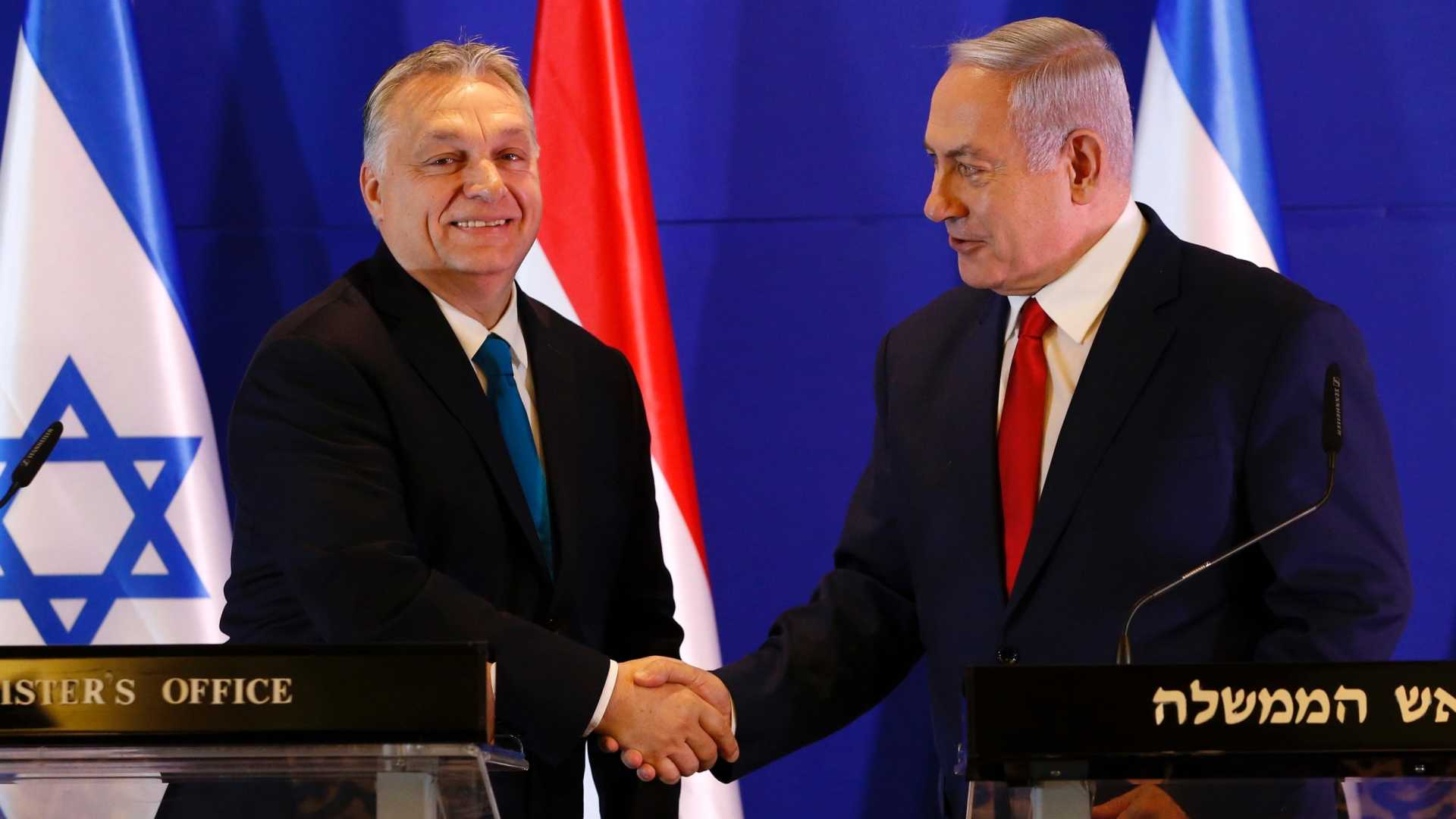World
Hungary to Withdraw from ICC Amid Netanyahu’s Visit

BUDAPEST, Hungary — Hungary’s government announced Thursday its intention to withdraw from the International Criminal Court (ICC), coinciding with the state visit of Israeli Prime Minister Benjamin Netanyahu, who faces an ICC arrest warrant.
Prime Minister Viktor Orban initiated the decision in response to accusations against Netanyahu related to alleged war crimes in Gaza. Orban, who has been a staunch supporter of Netanyahu, said the ICC’s actions are politically motivated and expressed Hungary’s intention not to comply with the court’s warrant.
In a post on Facebook, Gergely Gulyas, Orban’s chief of staff, confirmed that the government will begin the withdrawal process on Thursday. This move follows Orban’s earlier comments suggesting a reevaluation of Hungary’s relationship with international organizations under US sanctions.
“It’s time for Hungary to review what we’re doing in an international organization that is under U.S. sanctions,” Orban stated on X, formerly Twitter, in February.
Hungary, as a founding member of the ICC, is theoretically obligated to arrest individuals with active warrants. However, Gulyas clarified that although Hungary ratified the Rome Statute in 2001, it was never integrated into Hungarian law, meaning no ICC actions can be enforced within the country.
In November, the ICC issued a warrant for Netanyahu under charges including murder, persecution, and the use of starvation as a weapon of war against Gaza’s civilian population, which has reportedly seen over 50,000 Palestinians casualties due to Israel’s military operations.
At a NATO meeting in Brussels, Dutch Foreign Minister Caspar Veldkamp remarked that until Hungary’s withdrawal is finalized, the country is still required to fulfill its obligations to the ICC.
“The full process to withdraw from the ICC takes about a year. During that time, Hungary will have to meet all its obligations to the court,” he said.
Netanyahu’s visit to Budapest marks his first trip to Europe since the ICC issued the arrest warrant. Orban issued the invitation shortly after the warrant was released, stating at the time Hungary would not execute it.
Responses from the international community have been critical, with Belgium’s Foreign Minister Maxime Prevot labeling Hungary’s decision as “deeply regrettable,” calling it a major setback for international justice and accountability.
The ICC has maintained that it is not within the jurisdiction of any state party to unilaterally declare its legal decisions unfounded. Fadi El Abdallah, a spokesperson for the ICC, commented, “It is also a responsibility towards other states parties.”
Hungary will become the first EU nation to withdraw from the ICC, joining Burundi and the Philippines, the only countries that have previously taken such steps. The official withdrawal process requires notification to the United Nations secretary-general, after which the withdrawal takes effect one year later.
This development highlights the ongoing tensions within international law and accountability in the context of global military conflicts, particularly regarding Israel’s military actions in Gaza and their repercussions.












